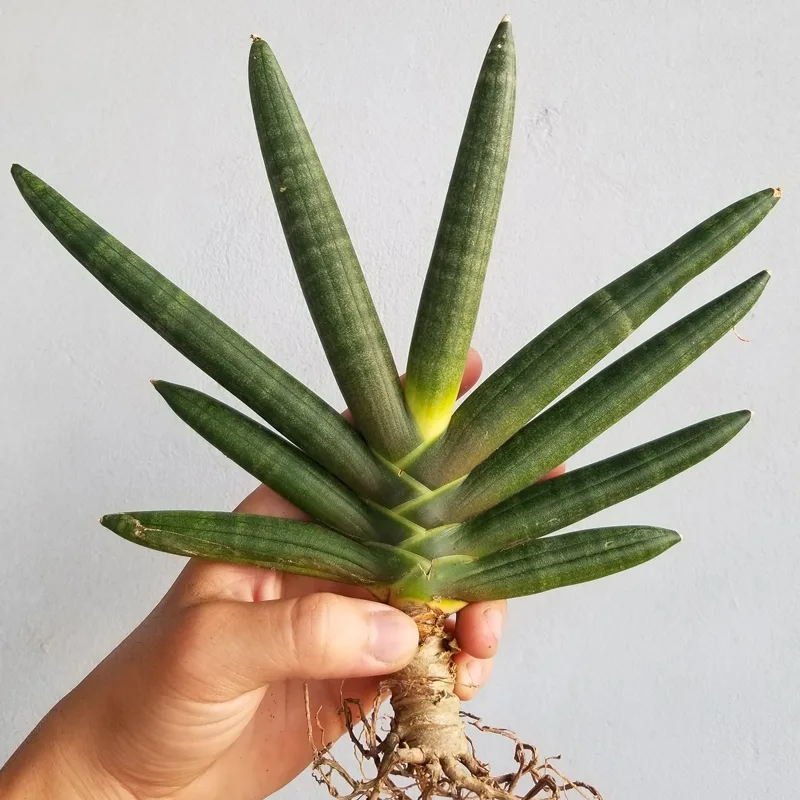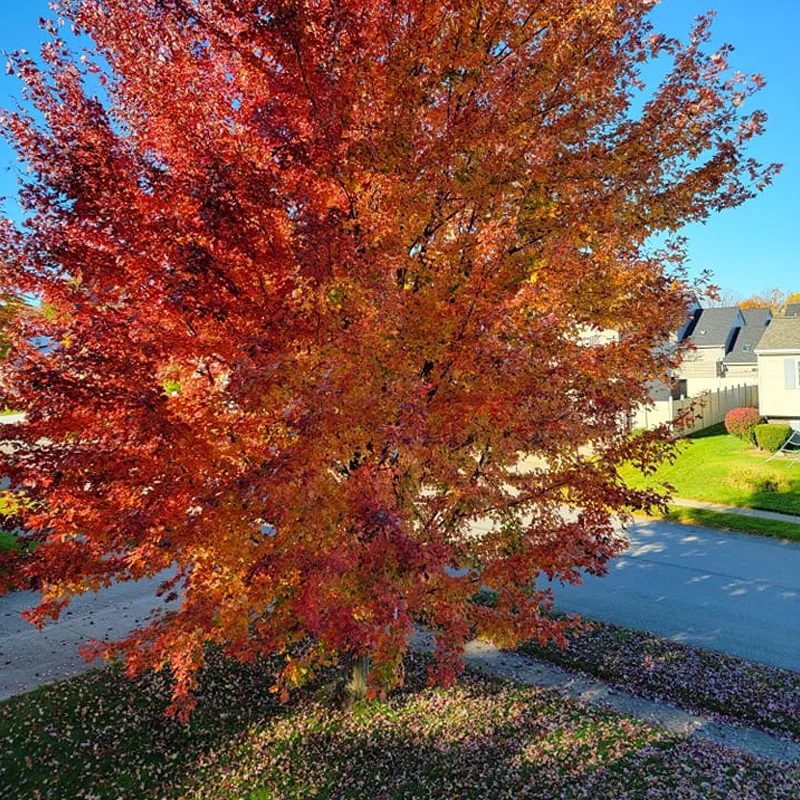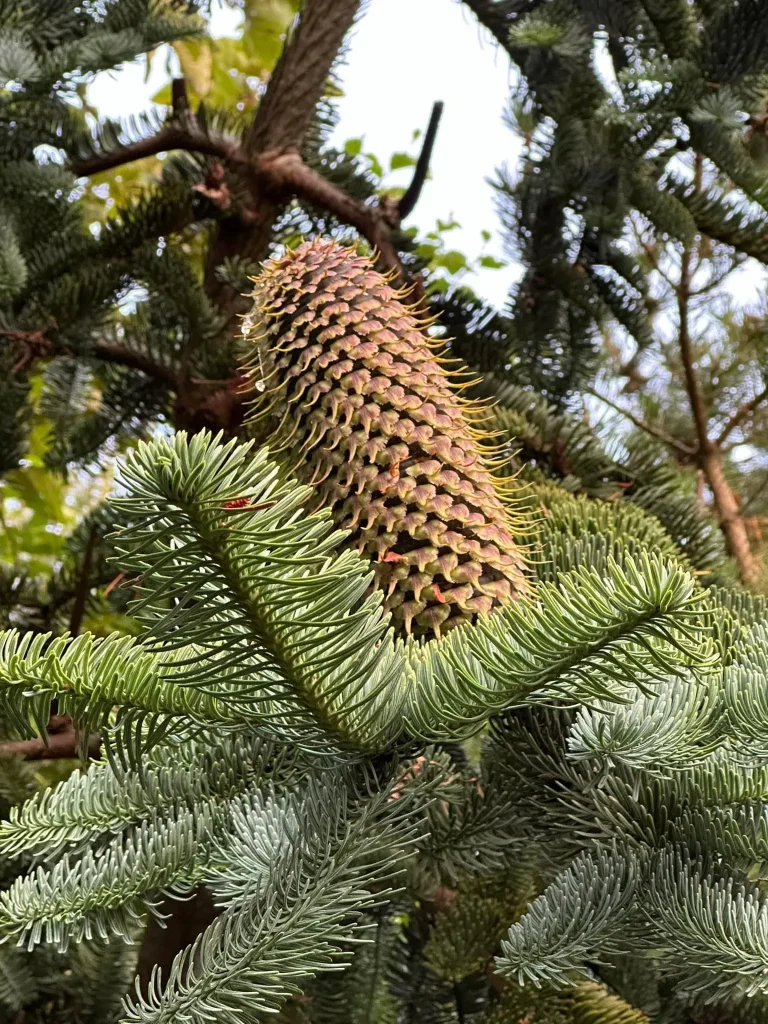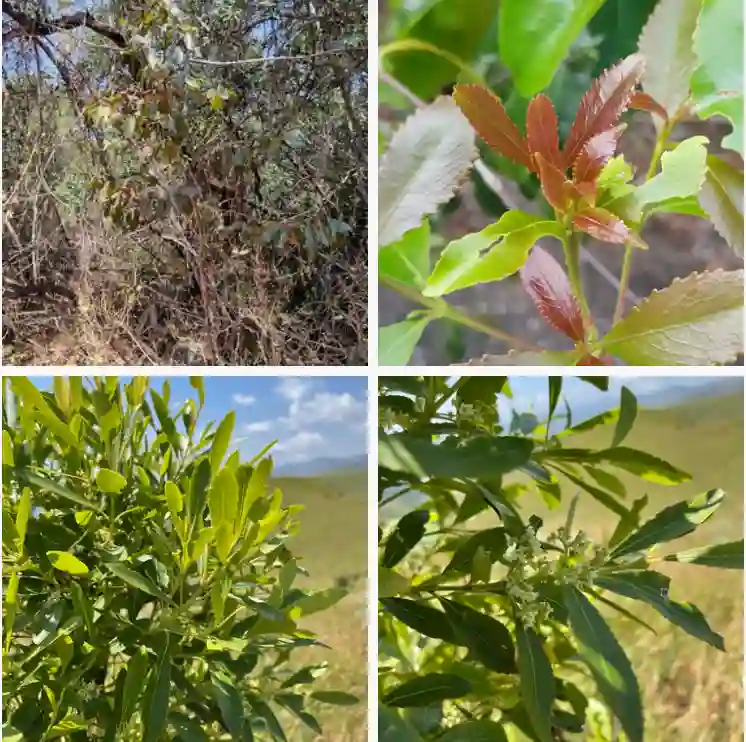My Fascination with the Sophora Genus
As a botanist, I’ve always been drawn to the diversity and resilience of the Sophora genus. This group of flowering plants, belonging to the Fabaceae family (also known as Leguminosae or the pea family), boasts a fascinating array of species scattered across the globe. From the towering Kowhai trees of New Zealand to the more diminutive shrubs found in arid regions, Sophora species exhibit a remarkable adaptability that has allowed them to thrive in a variety of environments.
A Diverse Genus
The Sophora genus encompasses roughly 62 species of trees and shrubs. These plants are characterized by their compound leaves, typically with multiple leaflets arranged along a central stem. Their flowers, often pea-like in shape, come in a range of colors, including white, cream, yellow, and even blue or purple. Many Sophora species are also known for their seed pods, which can vary in size and shape depending on the species.
Here are:
- Sophora albescens (Rehder) C.Y.Ma
- Sophora albopetiolulata Leonard
- Sophora alopecuroides L.
- Sophora bakeri C.B.Clarke ex Prain
- Sophora benthamii Steenis
- Sophora brachygyna C.Y.Ma
- Sophora cassioides (F.Phil.) Sparre
- Sophora chathamica Cockayne
- Sophora chrysophylla (Salisb.) Seem.
- Sophora conollyi (Bunge ex Boiss.) M.Liao & Bo Xu
- Sophora davidii (Franch.) Skeels
- Sophora denudata Bory
- Sophora dunii Prain
- Sophora exigua Craib
- Sophora fernandeziana (Phil.) Skottsb.
- Sophora flavescens Aiton
- Sophora franchetiana Dunn
- Sophora fraseri Benth.
- Sophora fulvida (Allan) Heenan & de Lange
- Sophora gibbosa (DC.) Yakovlev
- Sophora godleyi Heenan & de Lange
- Sophora howinsula (W.R.B.Oliv.) P.S.Green
- Sophora huamotensis Mattapha, Suddee & Rueangr.
- Sophora inhambanensis Klotzsch
- Sophora interrupta Bedd.
- Sophora jaubertii Spach
- Sophora koreensis Nakai
- Sophora leachiana M.E.Peck
- Sophora lehmannii (Bunge) Yakovlev
- Sophora linearifolia Griseb.
- Sophora longicarinata G.Simpson & J.S.Thomson
- Sophora longipes Merr.
- Sophora macnabiana (Graham) Skottsb.
- Sophora macrocarpa Sm.
- Sophora mangarevaensis H.St.John
- Sophora masafuerana (Phil.) Skottsb.
- Sophora microcarpa C.Y.Ma
- Sophora microphylla Aiton
- Sophora mollis (Royle) Graham ex Baker
- Sophora molloyi Heenan & de Lange
- Sophora moorcroftiana (Benth.) Benth. ex Baker
- Sophora nuttalliana B.L.Turner
- Sophora oblongata P.C.Tsoong
- Sophora pachycarpa Schrenk ex C.A.Mey.
- Sophora praetorulosa P.T.Li
- Sophora prostrata Buchanan
- Sophora raivavaeensis H.St.John
- Sophora rapaensis H.St.John
- Sophora reedeana (Phil.) Yakovlev
- Sophora saxicola Proctor
- Sophora songarica Schrenk
- Sophora stenophylla A.Gray
- Sophora tetraptera J.S.Muell.
- Sophora tomentosa L.
- Sophora tonkinensis Gagnep.
- Sophora toromiro (Phil.) Skottsb.
- Sophora velutina Lindl.
- Sophora violacea Thwaites
- Sophora wightii Baker
- Sophora xanthoantha C.Y.Ma
- Sophora yunnanensis C.Y.Ma
- Sophora zeylanica Trimen
Ecological and Cultural Significance
Sophora species play a crucial role in their respective ecosystems. Their flowers provide nectar for pollinators like bees and butterflies, while their seeds and foliage serve as food sources for various animals. Some species, like the Kowhai (Sophora microphylla) in New Zealand, have deep cultural significance for indigenous peoples.
Adaptations and Challenges
One of the most remarkable aspects of the Sophora genus is its ability to adapt to a wide range of environmental conditions. Some species thrive in temperate climates, while others are found in tropical or subtropical regions. Some can tolerate drought conditions, while others prefer moist environments. This adaptability is a testament to the evolutionary success of the genus.
However, like many plant groups, Sophora faces challenges, including habitat loss and the impact of invasive species. Conservation efforts are crucial to ensure the continued survival of these valuable plants.
My Research Focus
My current research focuses on the genetic diversity of Sophora species in Vietnam. I’m particularly interested in understanding how these plants have adapted to the country’s varied landscape, from the mountainous north to the Mekong Delta in the south. By studying their genetic makeup, I hope to gain insights into their evolutionary history and identify potential strategies for their conservation.
The Future of Sophora
I believe that the Sophora genus holds great promise for the future. Its diversity and adaptability make it a valuable resource for ecological restoration and sustainable agriculture. By continuing to study and conserve these plants, we can ensure that they continue to thrive for generations to come.
If i die, water my plants!



